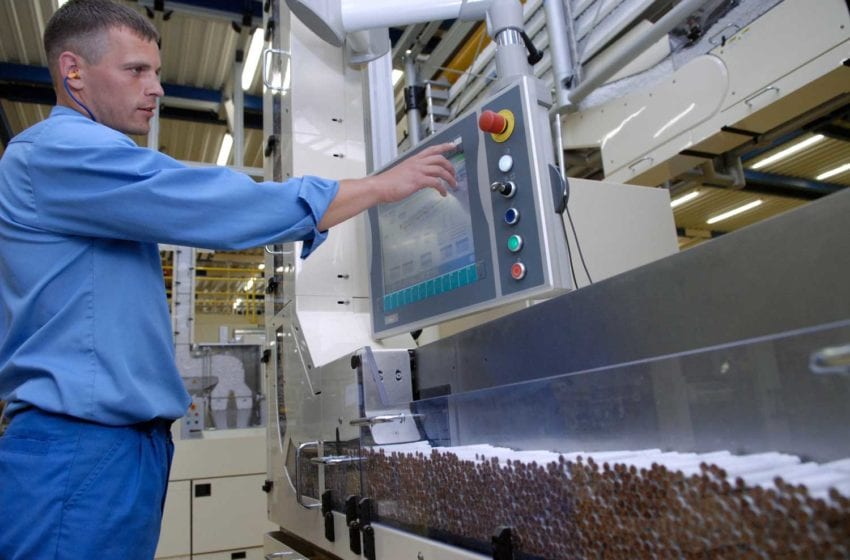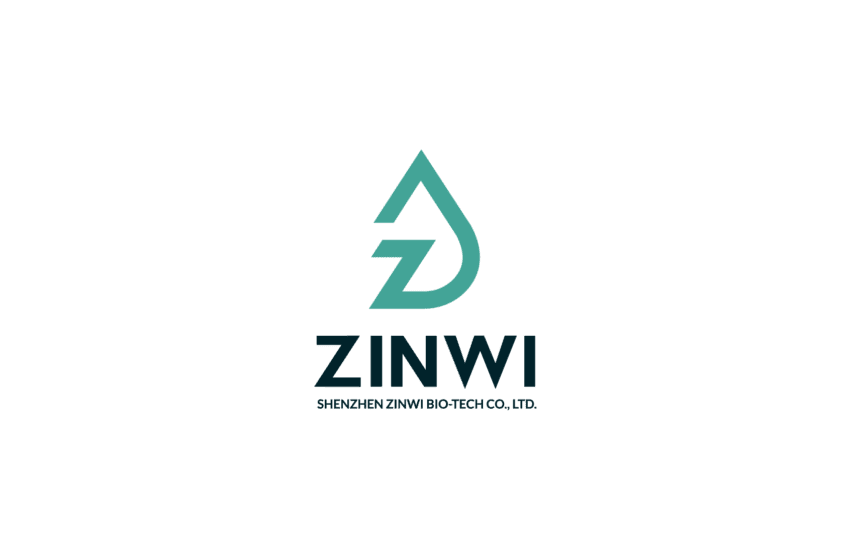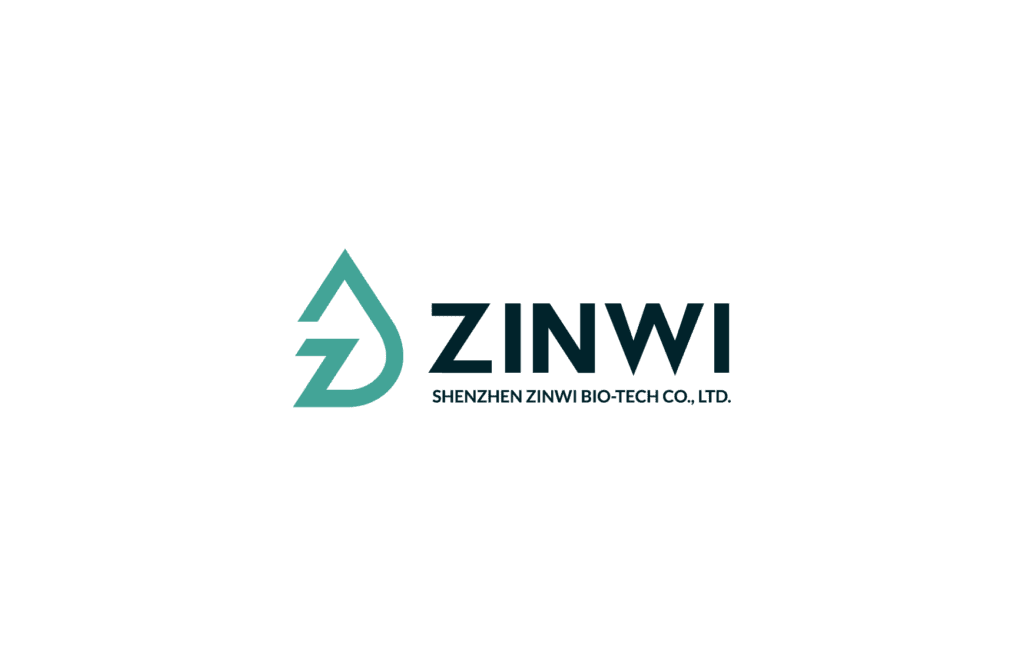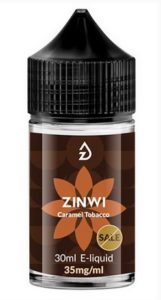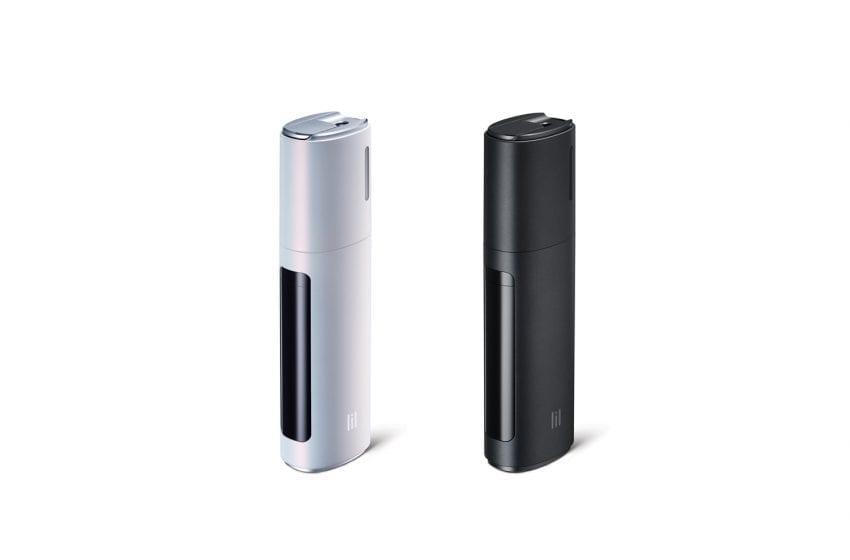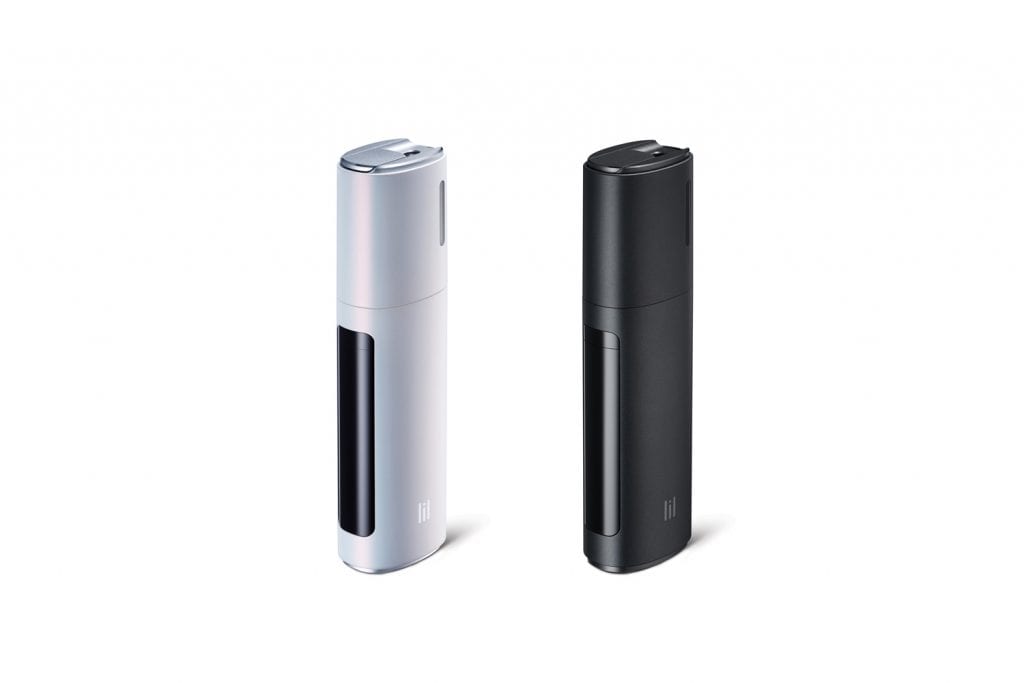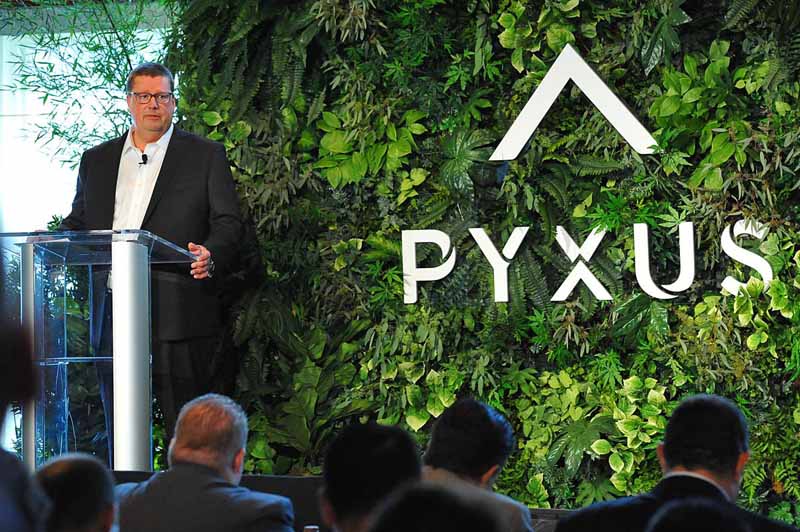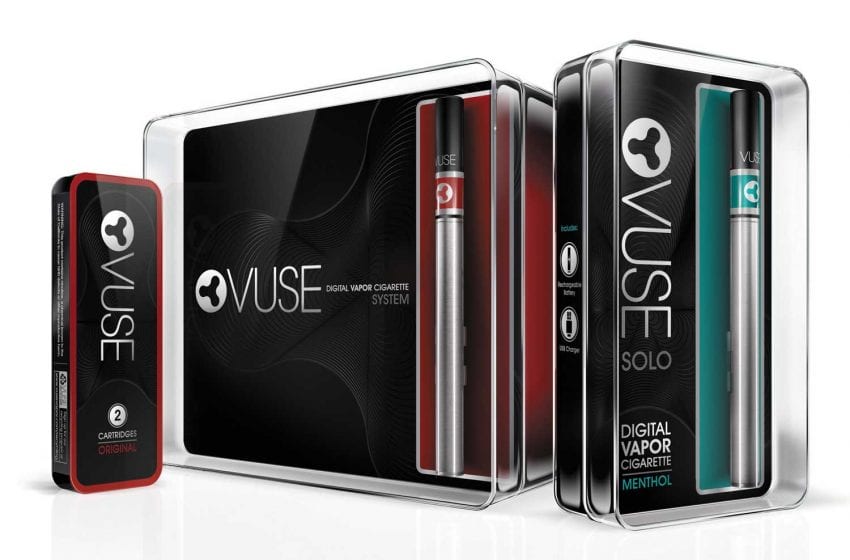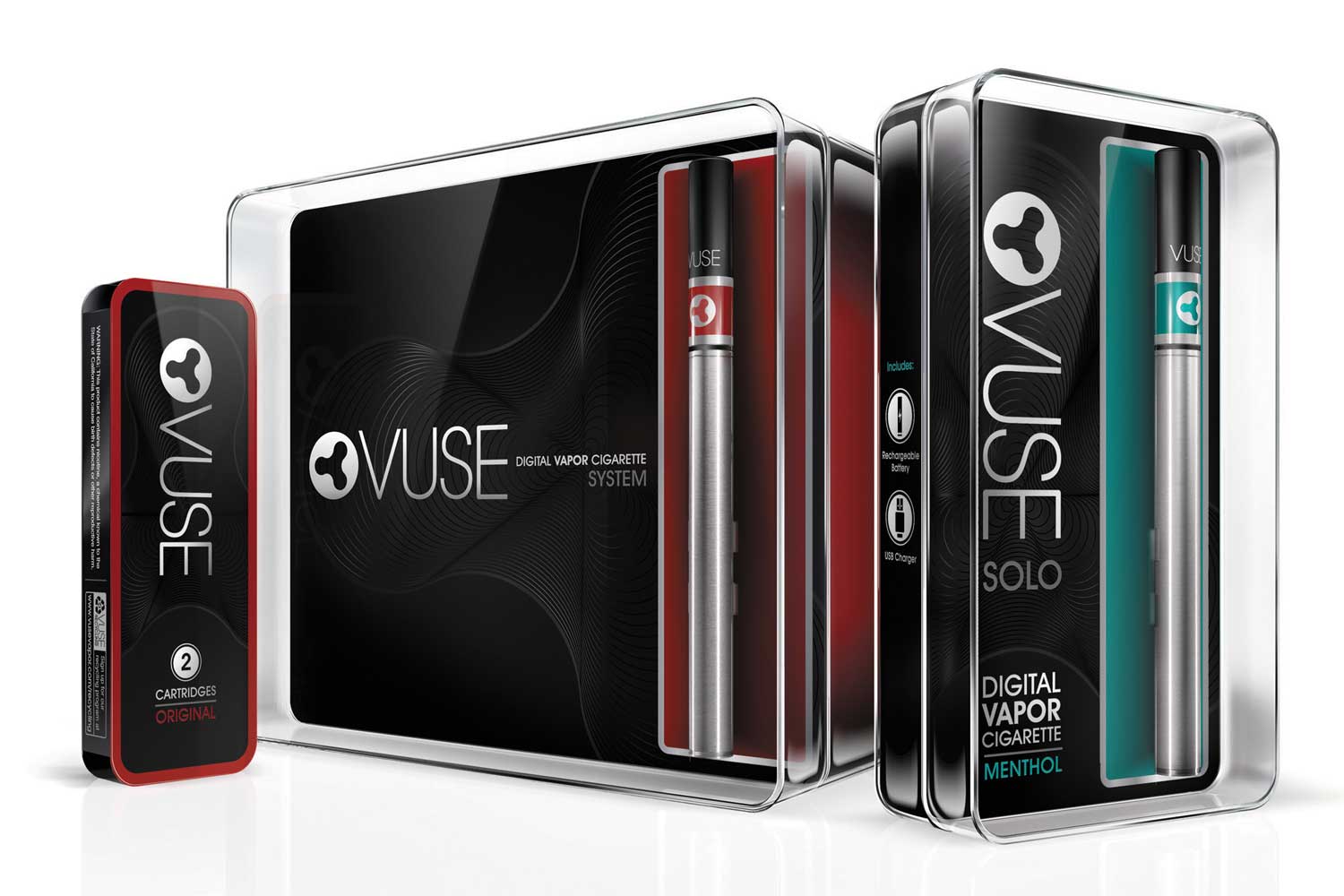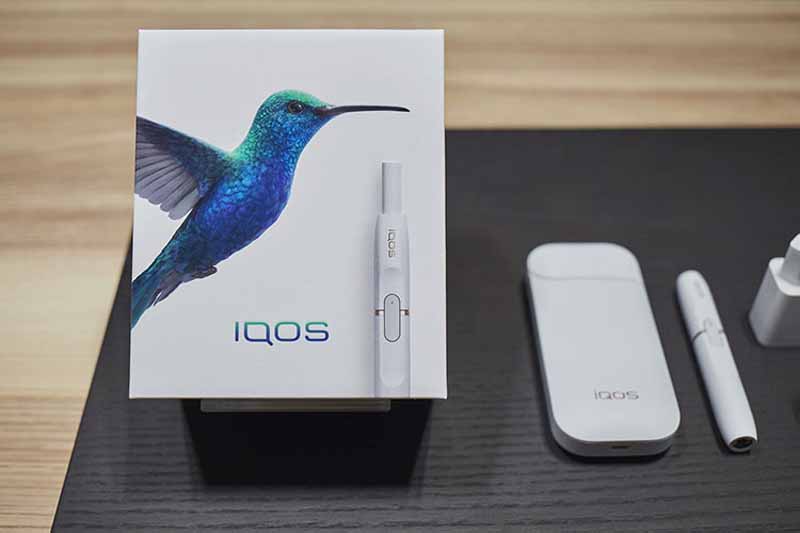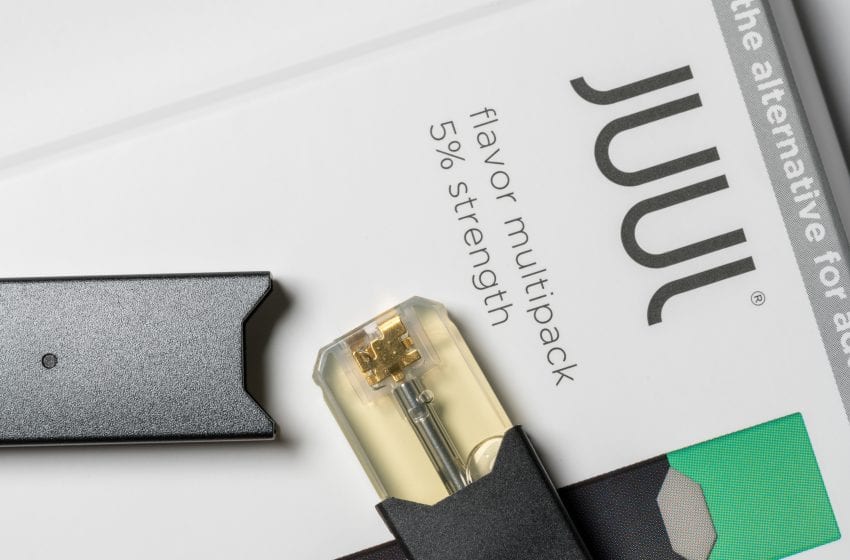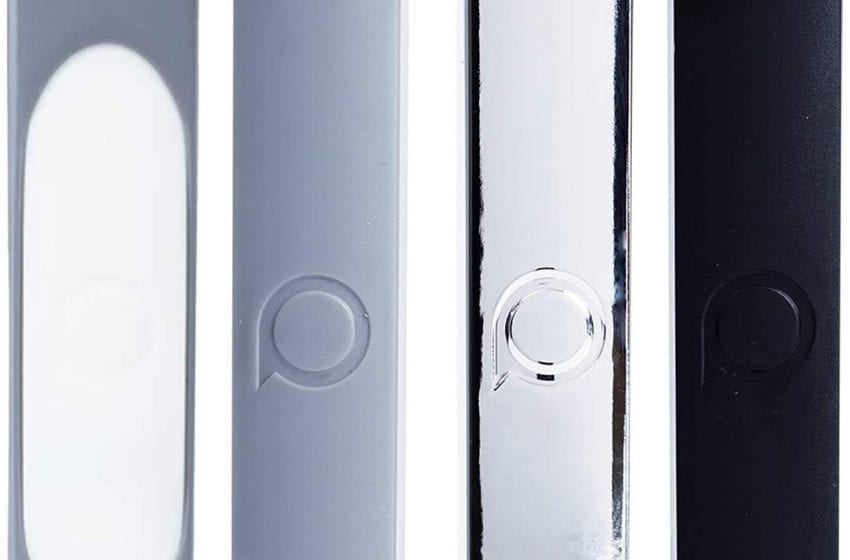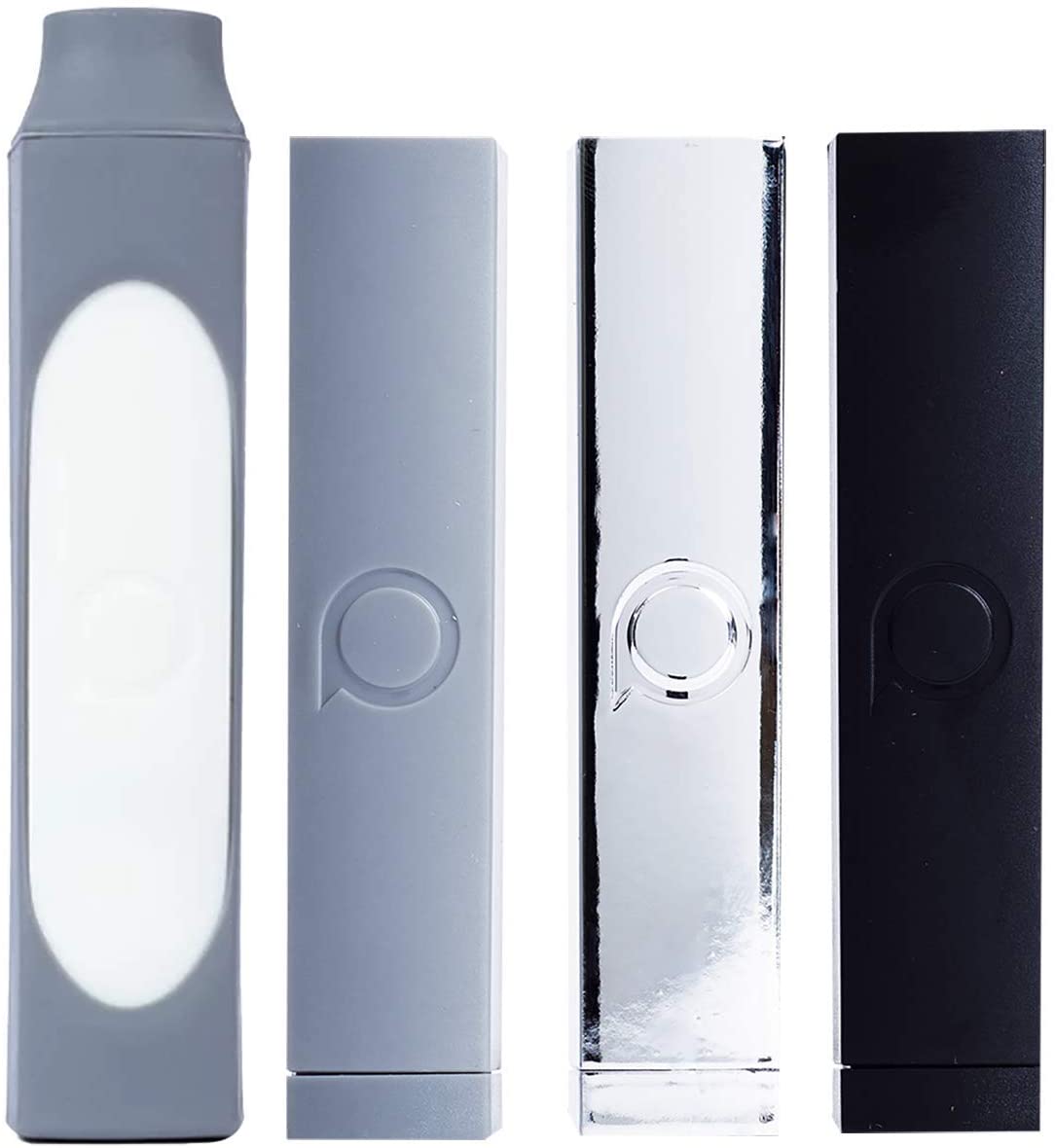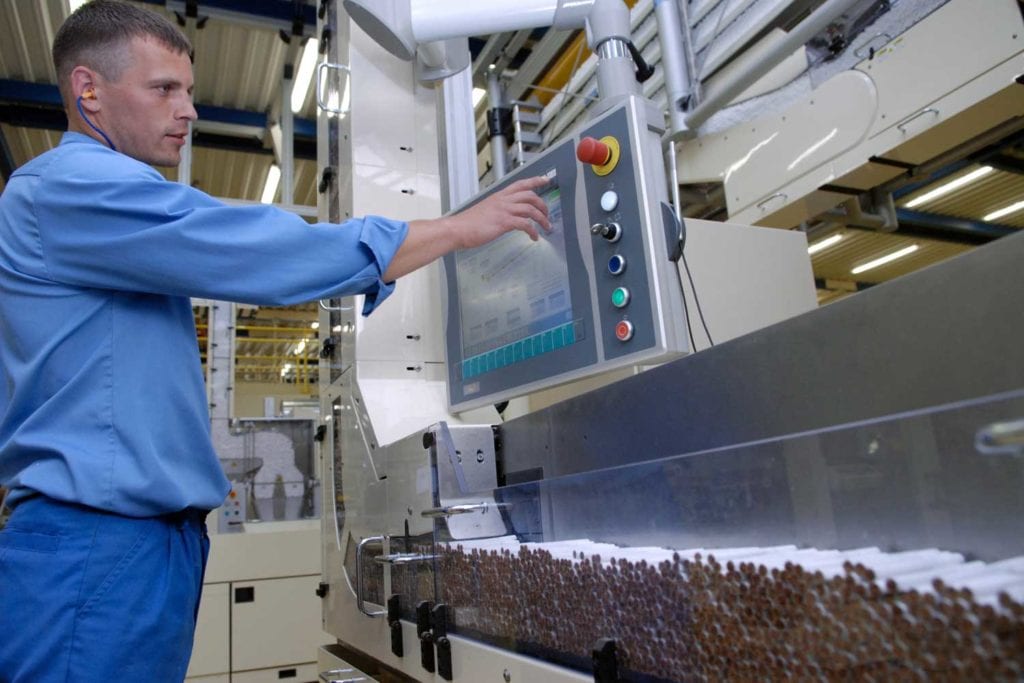
The U.S. Food and Drug Administration is proposing new requirements for tobacco product manufacturers regarding the manufacture, design, packing and storage of all tobacco products.
The proposed requirements would help protect public health by, among other things, minimizing or preventing contamination and limiting additional risks by ensuring product consistency, according to an FDA statement.
“While no tobacco product is safe, this proposed rule is intended to minimize or prevent additional risks associated with these products,”

said Brian King, director of the FDA’s Center for Tobacco Products. “Once finalized, it would establish requirements for tobacco product manufacturers that will help protect public health.”
The proposed new requirements would help manufacturers comply with the Federal Food, Drug, and Cosmetic Act by helping minimize or prevent the manufacture and distribution of tobacco products contaminated with foreign substances—such as metal, glass, and plastics—which have been found in tobacco products. T
The proposed rule would also help address issues related to inconsistencies between e-liquid product labeling and the actual concentrations in e-liquids, “Such variability can be misleading to consumers, potentially intensifying addiction and exposure to toxins,” the agency states.
The proposed rule would also establish several requirements related to the identification, tracing and corrective actions for tobacco products that don’t meet specifications or are contaminated, including for tobacco products that have already been distributed.
In the event of an issue, these requirements would require manufacturers to take corrective actions, which may include conducting a recall.
The proposed requirements apply to manufacturers of finished and bulk vaping and other tobacco products. As laid out in the proposed rule, a finished tobacco product is a tobacco product, including any component or part, sealed in final packaging; for example, an e-cigarette, a pack of cigarettes or a can of moist snuff.
A bulk tobacco product is a tobacco product that isn’t sealed in final packaging, but is otherwise suitable for consumer use.
The proposed rule establishes a framework for manufacturers to adhere to, including:
- establishing tobacco product design and development controls;
- ensuring that finished and bulk tobacco products are manufactured according to established specifications;
- minimizing the manufacture and distribution of tobacco products that don’t meet specifications;
- requiring manufacturers to take appropriate measures to prevent contamination of tobacco products;
- requiring investigation and identification of products that don’t meet specifications to institute appropriate corrective actions, such as a recall; and
- establishing the ability to trace all components or parts, ingredients, additives and materials, as well as each batch of finished or bulk tobacco product, to aid in investigations of those that don’t meet specifications.
The FDA will hold a public oral hearing on April 12 to gather additional comments from stakeholders, including industry, the scientific community, advocacy groups, and the public.
The proposed rule also will be available for public comment for 180 days. The agency will review all comments as part of the rulemaking process for this foundational rule.
“We remain committed to transparency and stakeholder engagement, including providing clarity to industry so that they are equipped to comply with the law,” said King. “We encourage all interested individuals and organizations to participate in the rulemaking process. When the public submits a comment based on sound grounds, that can make an important difference in the agency’s decision-making.”
The FDA will also hold a meeting of the Tobacco Products Scientific Advisory Committee (TPSAC) on May 18 to seek recommendations from the agency’s outside panel of experts on the requirements laid out in the proposed rule. As part of the TPSAC meeting, the public will have an opportunity to make oral presentations. The FDA intends to make TPSAC meeting materials available on its website no later than 48 hours before the meeting.

